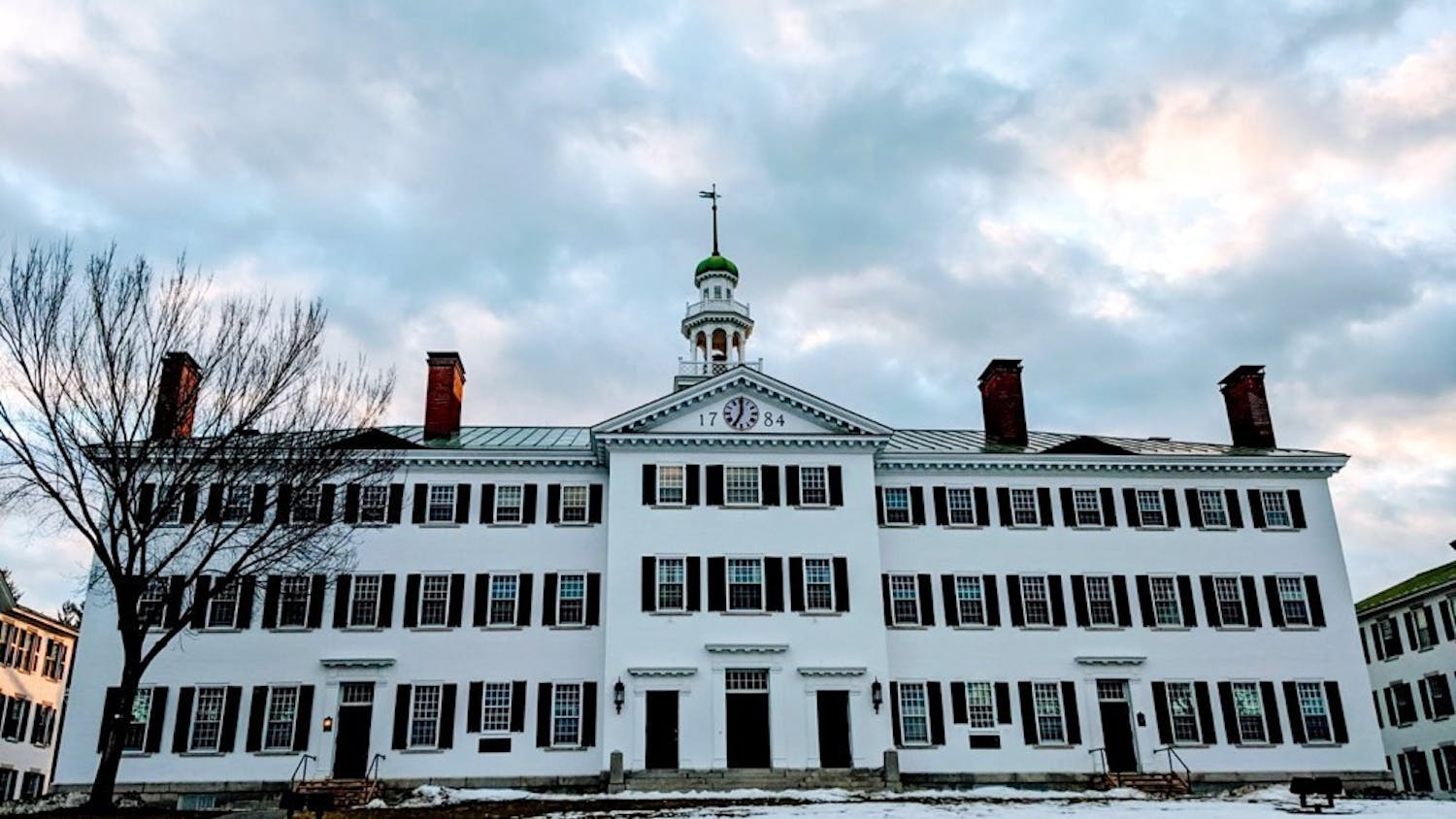While students spending a term away from Hanover may be at a coveted internship with Goldman Sachs or may be at home for some much-needed rest, many are among the 60.9 percent of Dartmouth students who spend at least one term studying abroad through an off-campus or transfer credit program, according to the Institute of International Education. Dartmouth placed third in the Institute's national ranking of undergraduate study abroad participation among research institutions granting doctoral degrees, climbing seven spots from the 2006 report. Dartmouth was the top school in the Ivy League.
John Tansey, executive director of the Off-Campus Programs Office, said that he thought that multiple factors contribute to the high study abroad participation rate.
"There's a strong emphasis on study abroad here," he said. "It's very well integrated into the curriculum."
Tansey explained that many other institutions do not have their own study-abroad programs, but connect students with a third party provider, which means that students must apply to receive transfer credit for courses taken while enrolled in these programs from their home institutions. Although those Dartmouth students who travel abroad through third party programs must apply for transfer credit, as at other institutions, all students participating in one of the 48 programs offered through the College receive standard credit for an official Dartmouth course.
Gary Freilich '08, a modified geography major and an environmental sciences minor, said that he appreciated the lack of distinction between the courses he took in Hanover and those he took while on the geography Foreign Study Program in Prague and the environmental sciences FSP in South Africa.
"I got full credits within my major -- no hassles with transfer credit," Freilich said, contrasting his experiences with those of friends at other universities who had either not received or had experienced difficulty in receiving credit for courses they took while off campus.
Tansey cited the existence of the D-plan as another major factor that encourages students to study abroad.
"There's a culture of being off-campus," he said. "It's a normal thing here."
Joeseph Guarnery '08 agreed with Tansey's assessment. He participated in three different study abroad programs, one as a sophomore and two as a junior. "I didn't have much of a junior year, but I didn't feel alienated when I returned to campus in the spring because lots of people had been away," he said.
Guarnery said that he did not regret any of his time abroad, but was occasionally frustrated by the relatively short length of the programs.
"A trimester is so short that it's difficult to pick up languages that fast," he said. Although Guarnery participated in both the French LSA in Toulouse and the FSP in Paris, he did not do so in consecutive terms, and said that he would have had a more satisfying experience had he scheduled one right after the other.
Freilich said that he also felt constrained at times by the 10-week programs because he felt that too much time was taken up by class.
"[The Classes are] time intensive, sometimes to the point where you don't have enough time to see the place where you're studying," he said, while noting that if he had attended a school on a semester schedule, he likely would not have had the opportunity to spend two terms abroad.
Kiersten Hallquist '08, a student on the Lyon French LSA and the environmental sciences FSP, also said that she felt that a semester system would not have allowed her to participate in two separate programs.
"I benefitted more from having two experiences in different countries than I would have by spending a bit more time on only one program," she said. Hallquist said that she felt Dartmouth students were more likely to study abroad for multiple terms than students at institutions with more traditional schedules.
The Off-Campus Programs Office does not keep a record of how many students participate in more than one program, according to Tansey.



